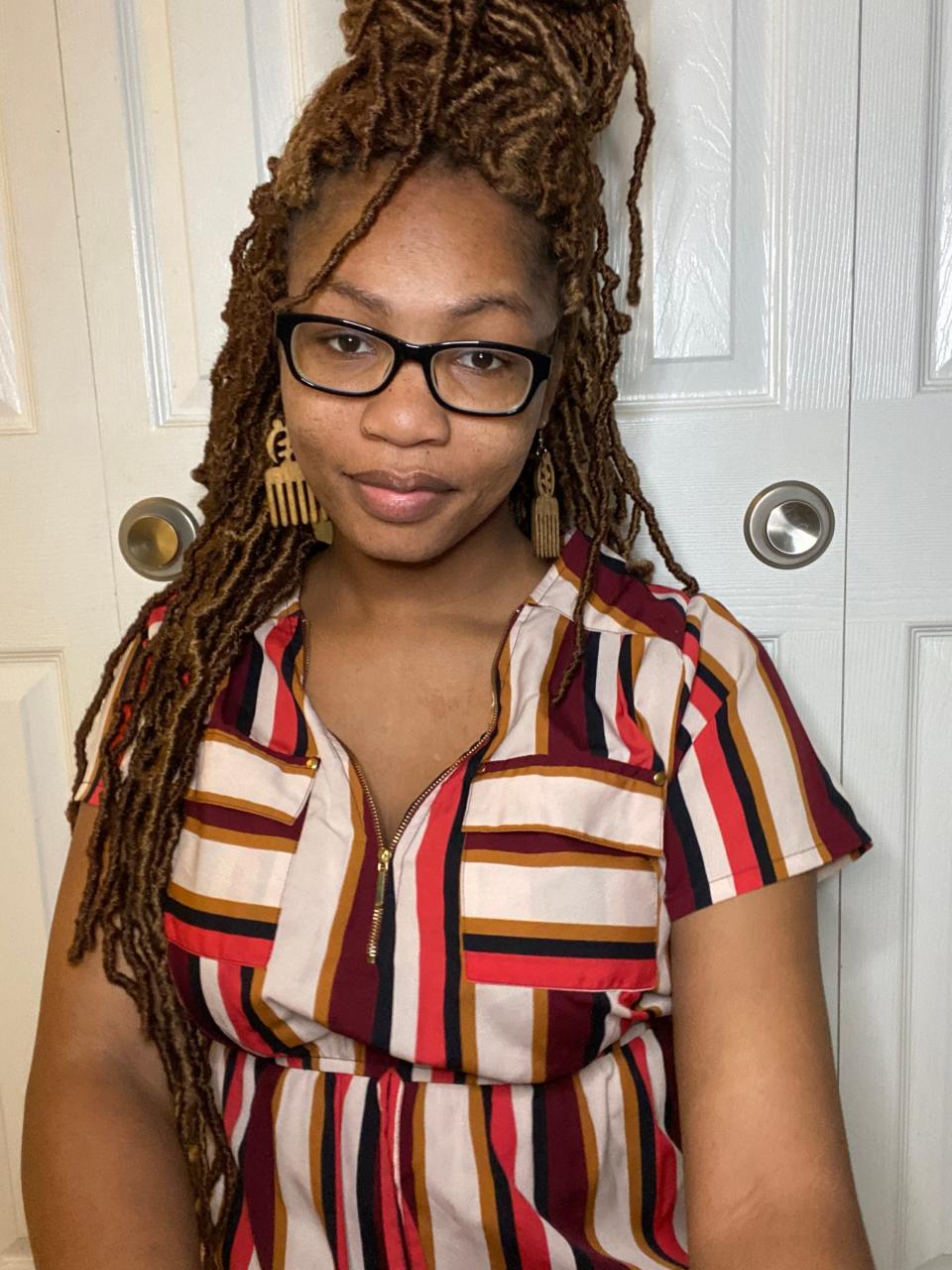Opinion: Hate and disrespect puts transgender, non-binary Michiganders at risk
As I write this, I am grieving the loss of another friend, murdered at the hands of hate.
During 2023, at least 15 trans folks have lost their lives to violence. Many of them were trans women of color.
Transgender and non-binary folks face a higher risk of discrimination, mostly because there is often a sense that their lives are inferior. The silence surrounding the suffering of trans people puts our community at further risk.
The solution is better protection. But to get there, we must stop turning a blind eye to hate and disrespect.
In Michigan, at least three trans women have been murdered this year, one almost every other month since January, but there is little news coverage. It is hard to track how many trans people have been murdered or harmed, because their gender may not be accurately reported by law enforcement. The hate is so strong that last week, it took the life of my friend Charm, on the first day of Pride month. Charm and I had been friends for more than 14 years. She was a supportive force when I was attacked by a former partner. Charm was found dead at a Highland Park motel with a gunshot wound to the chest, which tells her loved ones that it was likely a john who shot her.

Transgender people are over four times more likely than cisgender people to be victims of violence — including rape, sexual assault, and aggravated or simple assault — according to a new study by the Williams Institute at University of California-Los Angeles School of Law. Households with a transgender person had higher rates of property victimization than cisgender households.
These issues are exacerbated when individuals are abandoned by friends and family. Being exiled forces one to search for meaning elsewhere, and often leaves the person who was exiled vulnerable to mental, emotional and physical abuse.
I know of trans women who were forced into sex work at the age of 15 after being disowned by family. Like Lana, who was told by her mother that she needed to leave her childhood home because her mother didn’t want her influencing her little brothers. Being trans, Lana’s mother told her, was going to negatively impact their household, and she had to leave.
Assault and abuse in high school can force transgender people out of an education and onto the streets, where they have no choice but to sell their bodies. Or consider those who have a college education and years of professional experience, but are denied access to employment and housing due to gender identity and expression. Or trans folks that want to work and go to school, but can’t, because their chosen name doesn’t align with their legal documents, and the discrimination they face.
The women I know survived sexual and physical assault, because as teenagers they were forced into sex work to survive. I have witnessed guns drawn on these women, while standing on the street waiting for a client to pick them, and I have witnessed the verbal attacks they endure, and no one stops to help or intervene. Being complacent, not standing up to what is wrong in our communities — or having the belief that these women deserve these attacks — adds fuel to the hate.
Intimate partner violence is often seen as a heterosexual cisgender relationship problem, which leads to misunderstandings and underreporting of violence against partners in the LGBTQ community. It’s often believed that violence against trans women is inevitable, or even warranted, due to their identity, as if they have no right to respect and dignity.
This misconception leaks into other areas of life as well. Many trans folks are less likely to go to a shelter, as most shelters are specific to sex assigned at birth. Cisgender people are less likely to consider this effect of calling for emergency services, but trans folks are more likely to be denied emergency medical services, putting them at further risk of harm. A law recently passed in Florida allows healthcare providers to deny medical care based on a patient's sexual orientation and gender identity, and we fear that reports of EMT workers providing substandard care or refusing care outright will increase. Trans and non-binary folks are also less likely to call the police, due to fear of transphobia.
Most systems of care and social support follow a very strict binary when it comes to gender and gender identity. We need more policies that protect folks from domestic violence, regardless of sexual orientation or gender identity.
As trans youth learn more about themselves, they are less likely to express their gender identity to their families if there is no supportive adult. This puts them at risk. Without the space to grow in a healthy environment, these young people may develop negative behaviors, heightening the risk.
All of these conditions are constructed, even if not intentionally, and that means we could choose to change them — but we have to first see the harm, and then be willing to act. We have to be willing to choose kindness, and understanding.
Krystina Edwards is a community engagement manager at the Ruth Ellis Center.
This article originally appeared on Detroit Free Press: Opinion: Transgender and non-binary Michiganders at risk of violence

